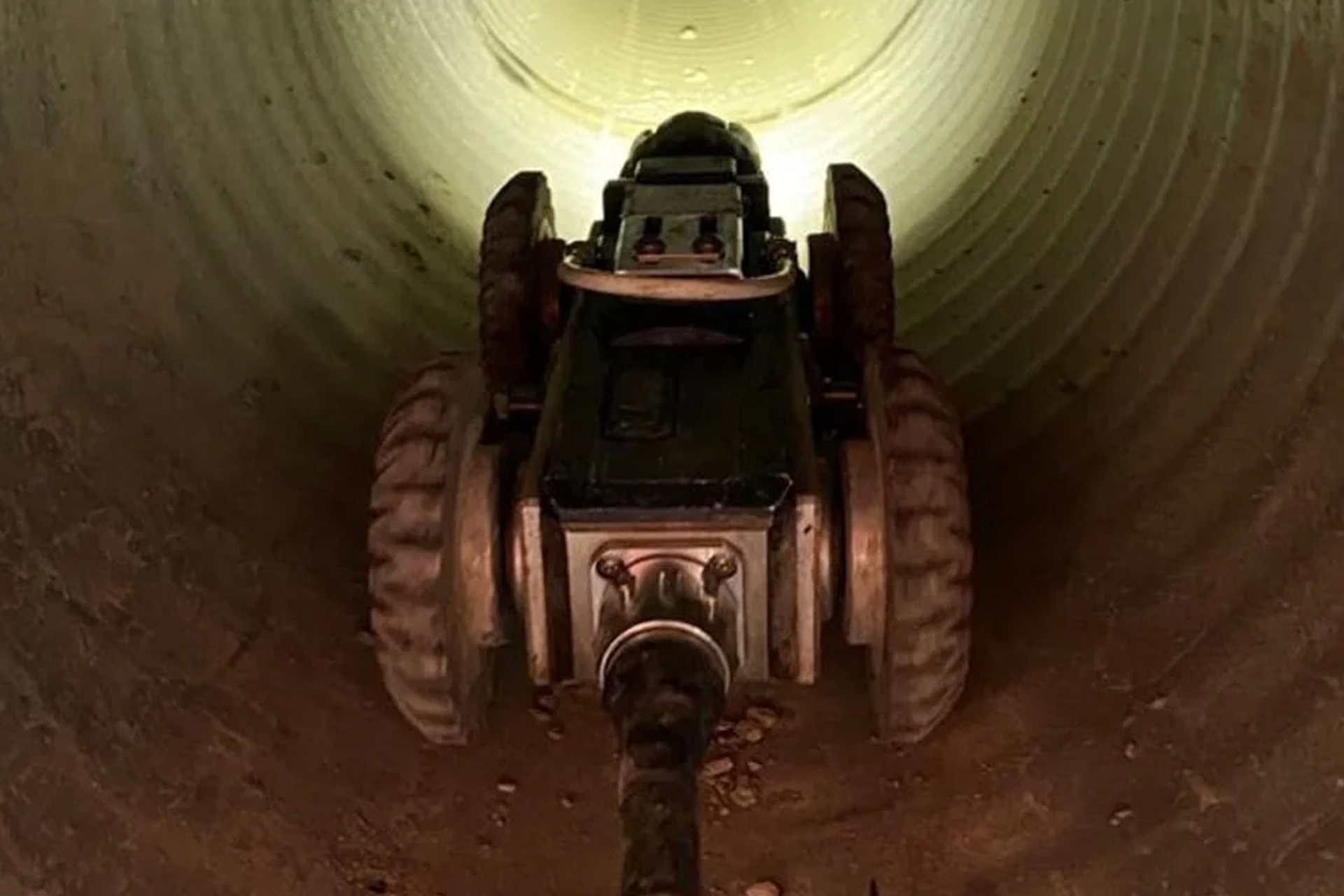The Ultimate Guide To Reclaim Waste
The Ultimate Guide To Reclaim Waste
Blog Article
Unknown Facts About Reclaim Waste
Table of Contents10 Simple Techniques For Reclaim WasteNot known Facts About Reclaim WasteThe Basic Principles Of Reclaim Waste 9 Simple Techniques For Reclaim WasteNot known Facts About Reclaim Waste
Explore the kinds, events, and kinds of fluid waste. Domestic sewage waste describes the waste and products from a residential septic system. This kind of waste is developed by humans in houses, colleges, and other buildings. This only consists of septic systems that have a drainpipe field. The correct administration and disposal of domestic sewer waste need fluid waste to be transferred to a sewage therapy plant where the correct methods and devices are put on purify and take care of waste.
Commercial waste usually consists of potential dangers, such as combustible materials or a combination of liquid and strong waste products, and needs an advanced and thorough disposal procedure. The disposal of industrial waste usually includes the purification of waste before transportation to make certain safe and appropriate disposal. Hazardous waste is created from by-products and runoff of industrial procedures and manufacturing.
This kind of waste can not utilize the very same sewer management transport or procedures as septic or commercial liquids. The commercial waste management procedure calls for the examination and testing of liquid waste prior to it undertakes the disposal procedure (industrial wastewater treatment). Runoff waste is the liquid waste that comes from overflow and excess stormwater in extremely inhabited locations or cities
Runoff waste can cause contamination and flooding if not handled properly. Find out extra about drain cleaning and waste administration. Making certain correct waste monitoring can prevent disasters and decrease environmental damage. Both people in property settings and professionals in industrial or production sectors can take advantage of comprehending the processes and guidelines of fluid waste administration.
Examine This Report about Reclaim Waste
Contact PROS Providers today to find out about our waste monitoring and disposal services and the appropriate ways to look after the liquid waste you generate.
(https://www.edocr.com/v/pd6avrzq/leonaube33101/reclaim-waste)Do you know what occurs to your water when you disengage, purge the commode or drain the washing machine? No? Well, it's worth recognizing. This supposed 'wastewater' is not just a vital source however, after treatment, will certainly be released to our land, rivers or the ocean. Used water from commodes, showers, baths, kitchen sinks, washings and industrial procedures is called wastewater.

water used to cool machinery or clean plant and tools). Stormwater, a form of wastewater, is overflow that flows from agricultural and city areas such as roofs, parks, yards, roadways, paths and seamless gutters into stormwater drains, after rain. Stormwater streams unattended directly to neighborhood creeks or rivers, eventually reaching the sea.
An Unbiased View of Reclaim Waste
In Queensland, a lot of wastewater is dealt with at sewer therapy plants. Wastewater is transferred from domestic or commercial websites via a system of sewage systems and pump terminals, known as sewerage reticulation, to a sewage treatment plant. City governments construct, keep and run most sewer therapy plants. Operators are accredited under the Environmental Management Act 1994 to release cured wastewater at an appropriate ecological criterion right into rivers.
The Department of Natural Resources recommends local governments about managing, operating and find this keeping sewage systems and therapy plants. In unsewered areas, regional governments may call for owners to set up private or family sewage therapy systems to deal with residential wastewater from bathrooms, kitchen areas, shower rooms and laundries. The Department of Natural Resources authorizes the usage of home systems when they are shown to be effective.
In some new subdivisions, therapy of some stormwater to remove clutter, sand and gravel has actually begun making use of gross contaminant catches. Wastewater treatment takes place in 4 phases: Eliminates solid issue.
Wastewater after that streams into huge containers where solids clear up and are removed as sludge. Oil and scum are skimmed from the surface. Makes use of small living microorganisms referred to as micro-organisms to damage down and remove staying dissolved wastes and great fragments. Micro-organisms and wastes are integrated in the sludge. Gets rid of nitrogen and phosphorus nutrients that could trigger algal blossoms in our waterways and endanger aquatic life.
10 Simple Techniques For Reclaim Waste
Nutrient elimination is not readily available at all sewage treatment plants because it needs costly specialized tools. It is coming to be much more typical in Queensland. Clear liquid effluent created after treatment may still include disease-causing micro-organisms. If this effluent is released into waterways such as rivers or the sea, the micro-organisms will ultimately die out.

A lot of wastewater flows right into the sewerage system. Under the Act, local federal governments administer authorizations and permits for eco pertinent activities (Ages) entailing wastewater releases that may have a local effect.
Reclaim Waste for Dummies
Surveillance provides factual information regarding water high quality and can verify that licence conditions are being satisfied. The info acquired with surveillance gives the basis for making water top quality choices.
Report this page